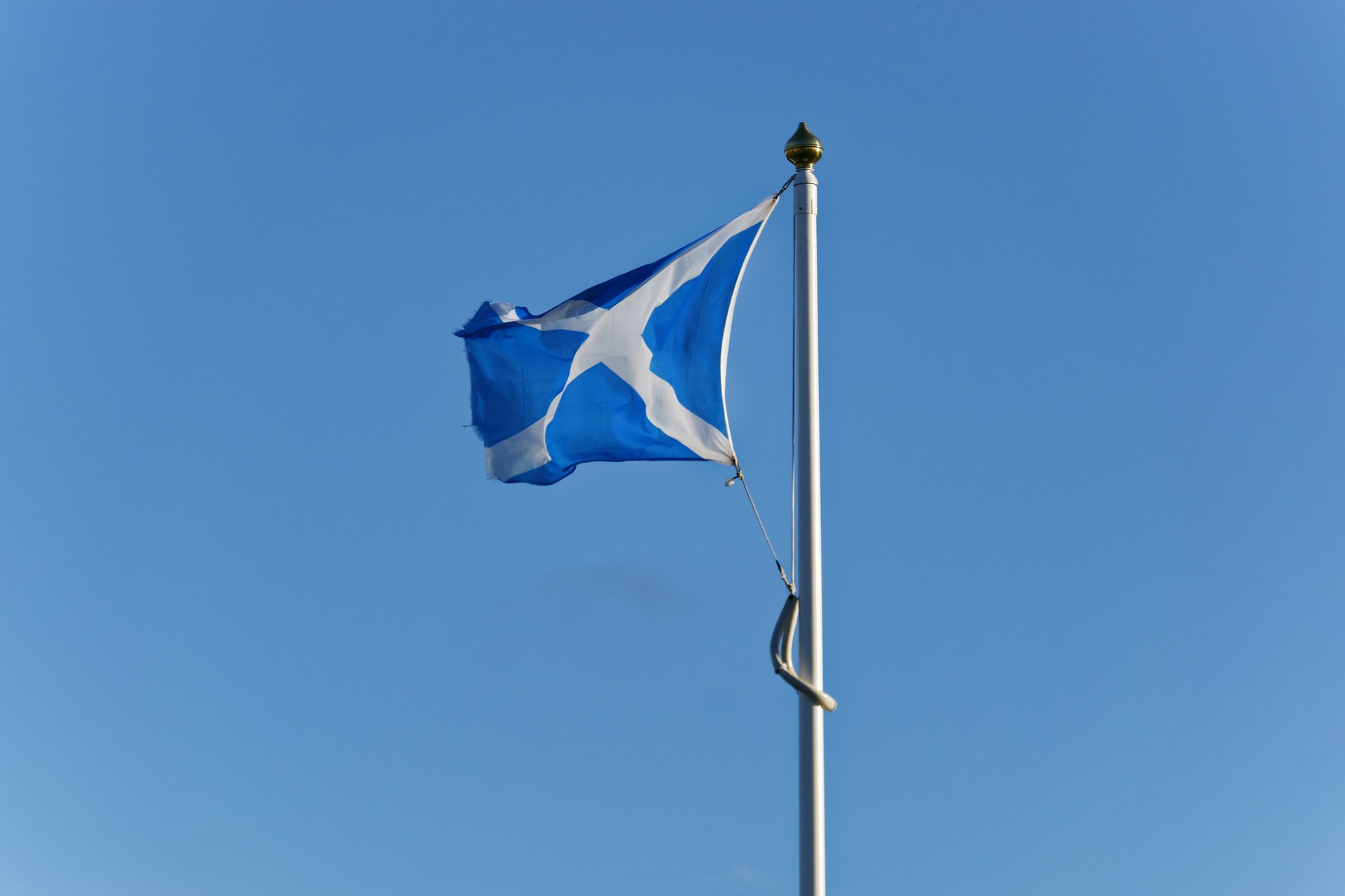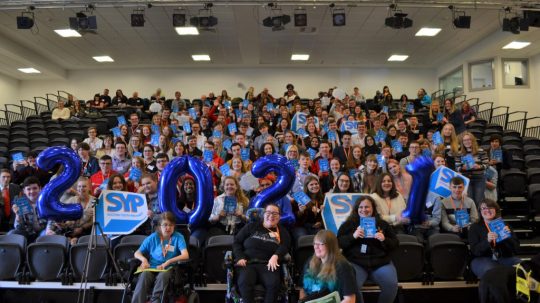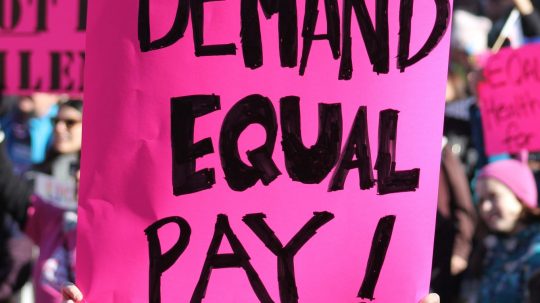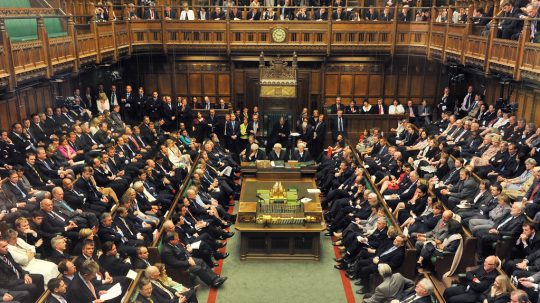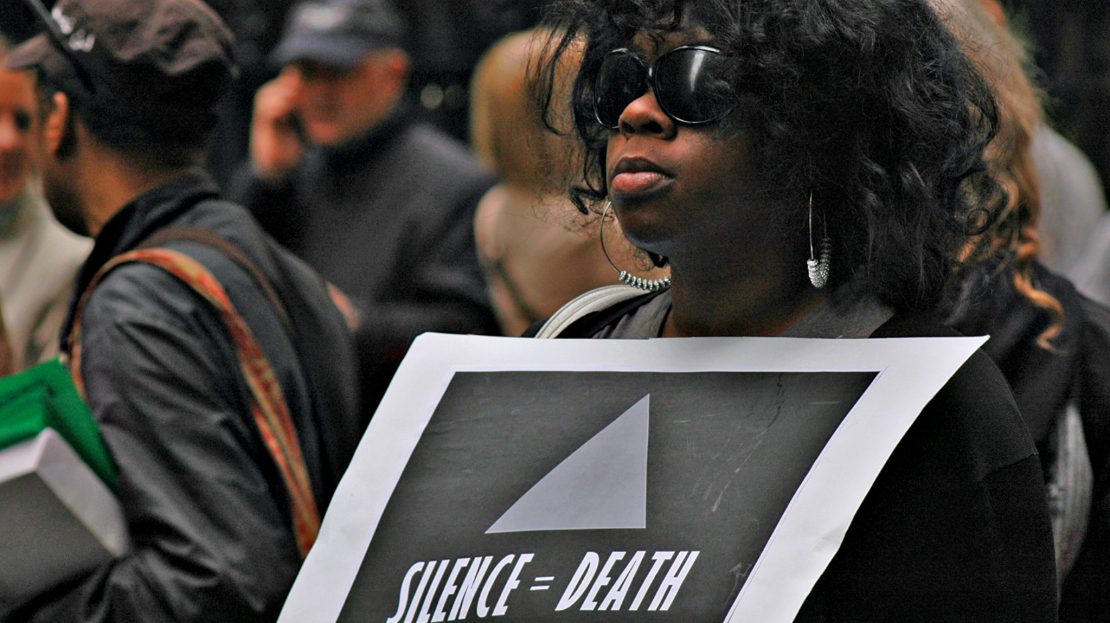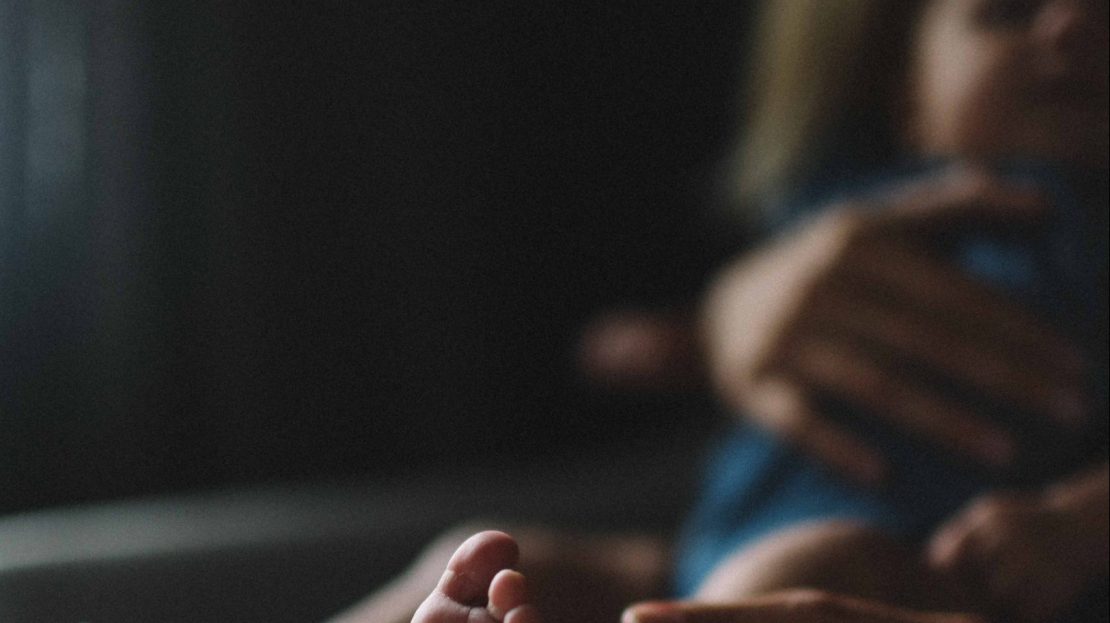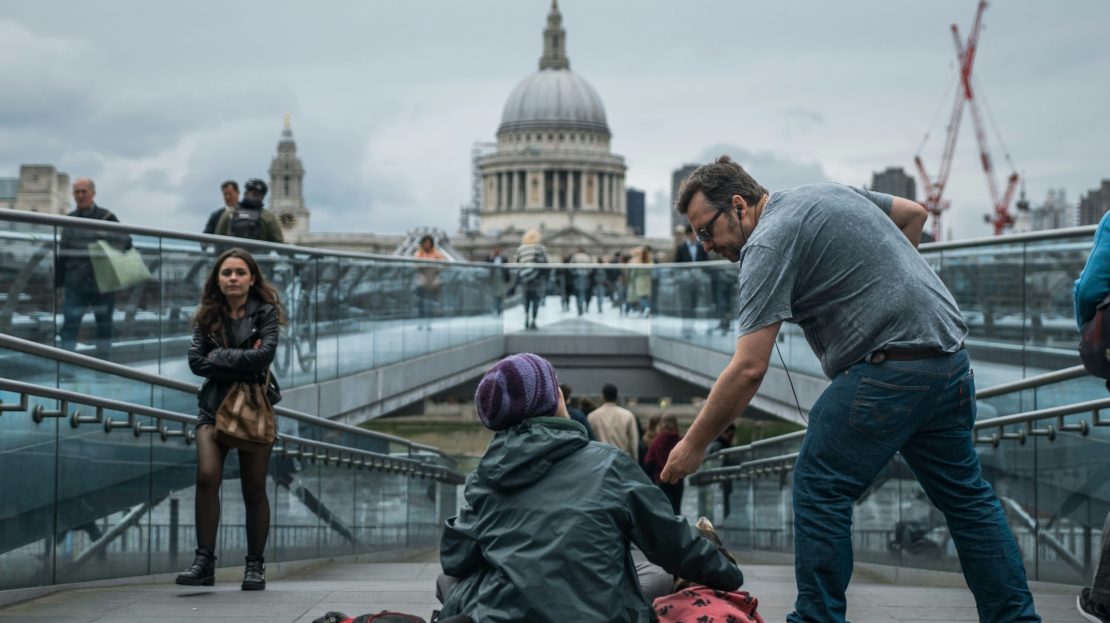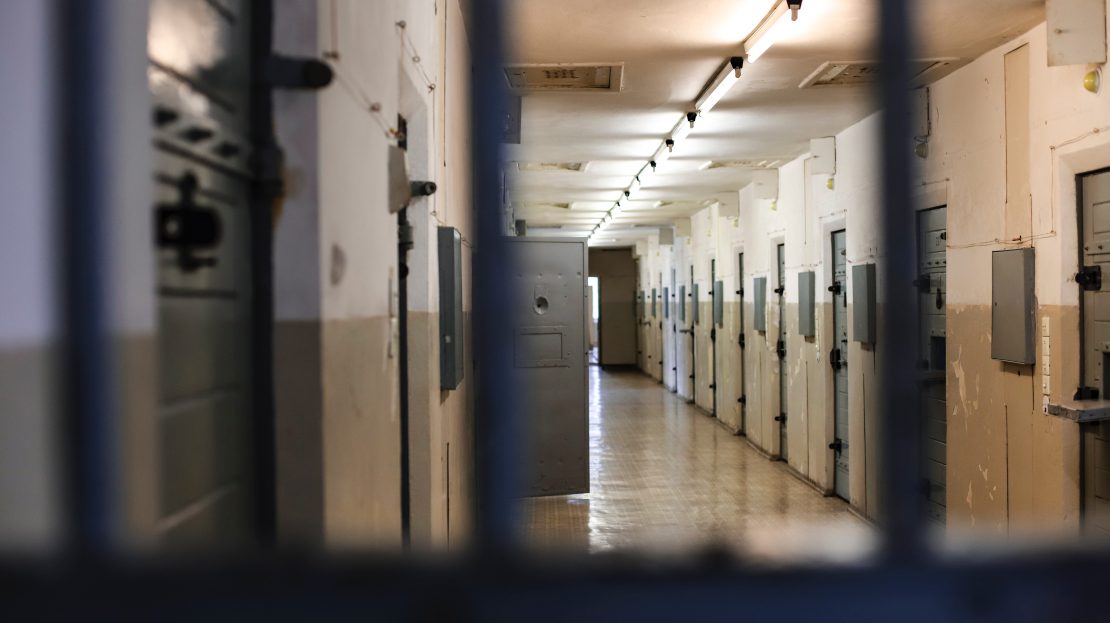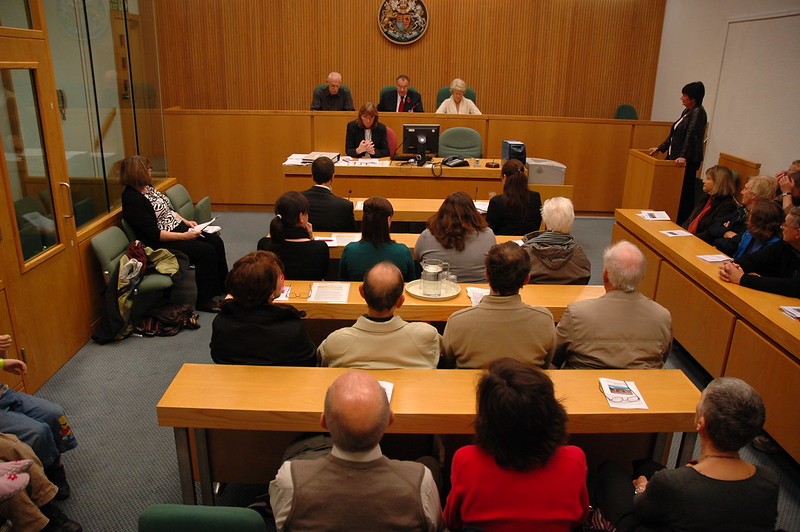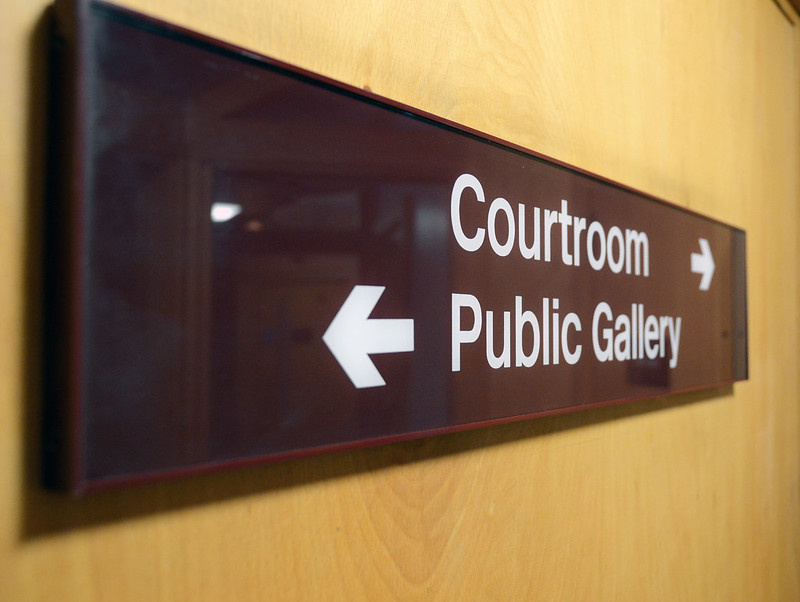Poor decisions by politicians during the first wave of the coronavirus pandemic threatened the basic human right to life of the most vulnerable Scots, a report by Amnesty International and Human Rights Consortium Scotland (HRCS) has found.
The HRCS and Amnesty International set out to determine whether 48 public authorities – including all 32 local authorities in Scotland, 14 Scottish health boards, Police Scotland and the Scottish Prison Service – had taken human rights into account when making decisions about how to respond to Covid-19.
Using Freedom of Information request acts to obtain data, HRCS and Amnesty International found that there were significant cuts to vital services between March and September 2020. This had negative impacts on both people’s human rights as well as their quality of life: in particular, the delivery of social care services, education and housing did not possess a human rights-based approach. They concluded that “public authorities cannot provide evidence of human rights-based decision-making in their response to Covid-19”.
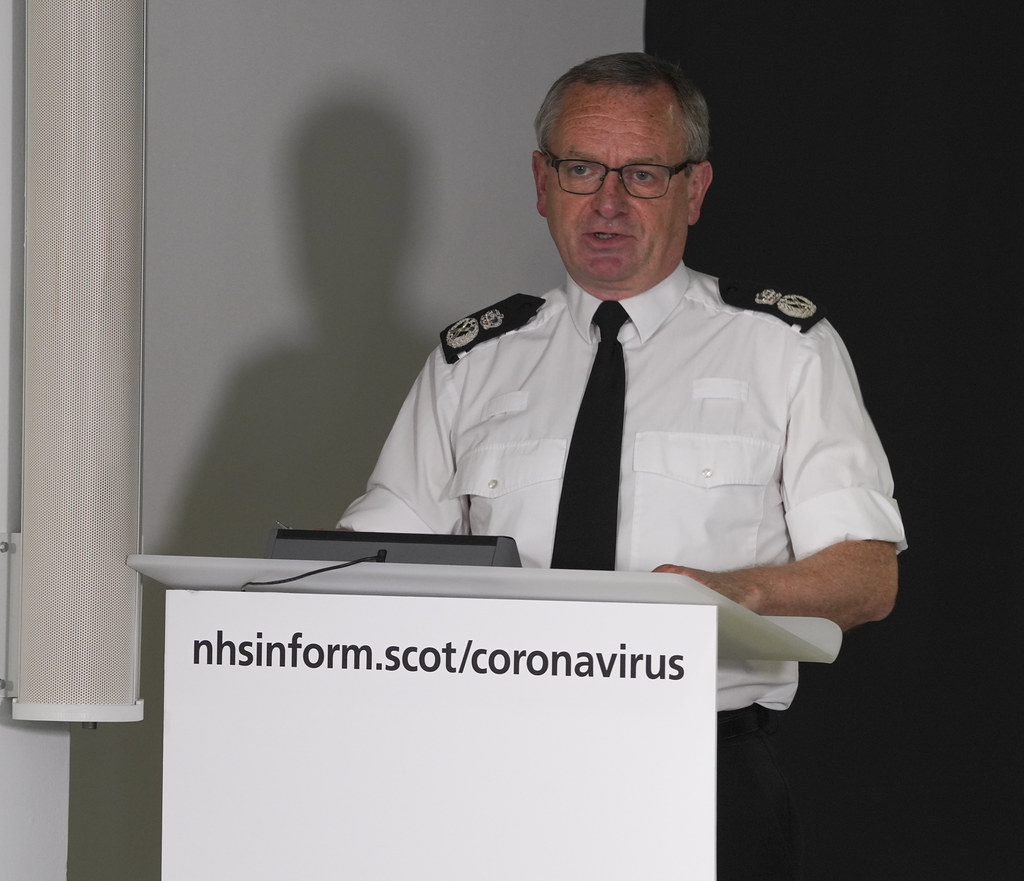
Police Scotland Chief Constable Iain Livingstone. Police Scotland are among the public bodies accused of failing to consider human rights within their response to the first wave of the pandemic. (Credit: Creative Commons)
“As the whole country dealt with dramatic changes to lives and livelihoods, charities and frontline organisations began ringing loud alarm bells,” said Naomi McAuliffe, Amnesty International’s Scotland programme director. “Some of the most vulnerable people in society were being overlooked and suffering much greater impacts. In the most serious cases, this lack of care even affected their right to life.”
Despite there being some exceptions, the survey found that the majority of public authorities were not able to provide evidence of monitoring or reporting processes relevant to their duties under the Human Rights Act (1998).
Across the whole United Kingdom, the human rights of individuals are protected by the Human Rights Act of 1998. The Act does not belong to any single political party and was passed with cross-party support by Westminster, receiving Royal Assent on 9 November 1998, it came into force on 2 October 2000.
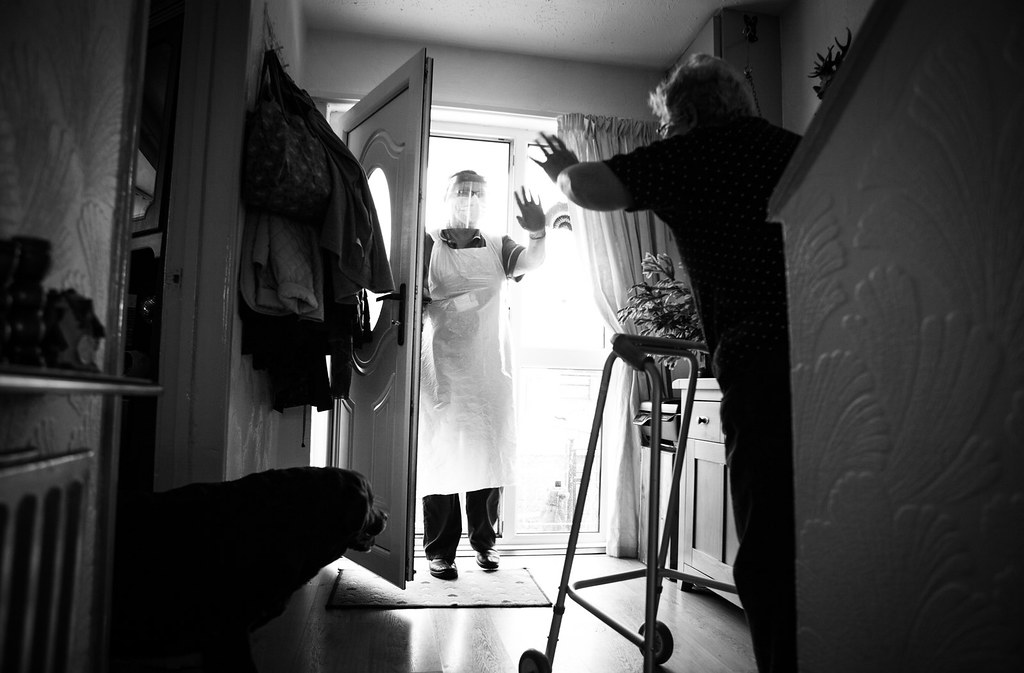
Elderly people are more at risk of severe Covid-19 symptoms (Credit: Creative Commons)
“Protecting human rights does not seem to have been a priority for many Scottish public authorities during Covid-19,” said Mhairi Snowden, director of HRCS.
The report also found that there had been limited progress pre-pandemic surrounding equalities and human rights. The fifth and final result from the summary states: “Human Rights are still assigned a subsidiary role in service and policy design when compared to duties under the Equality Act.”
The report from HRCS and Amnesty International can be read in full here

